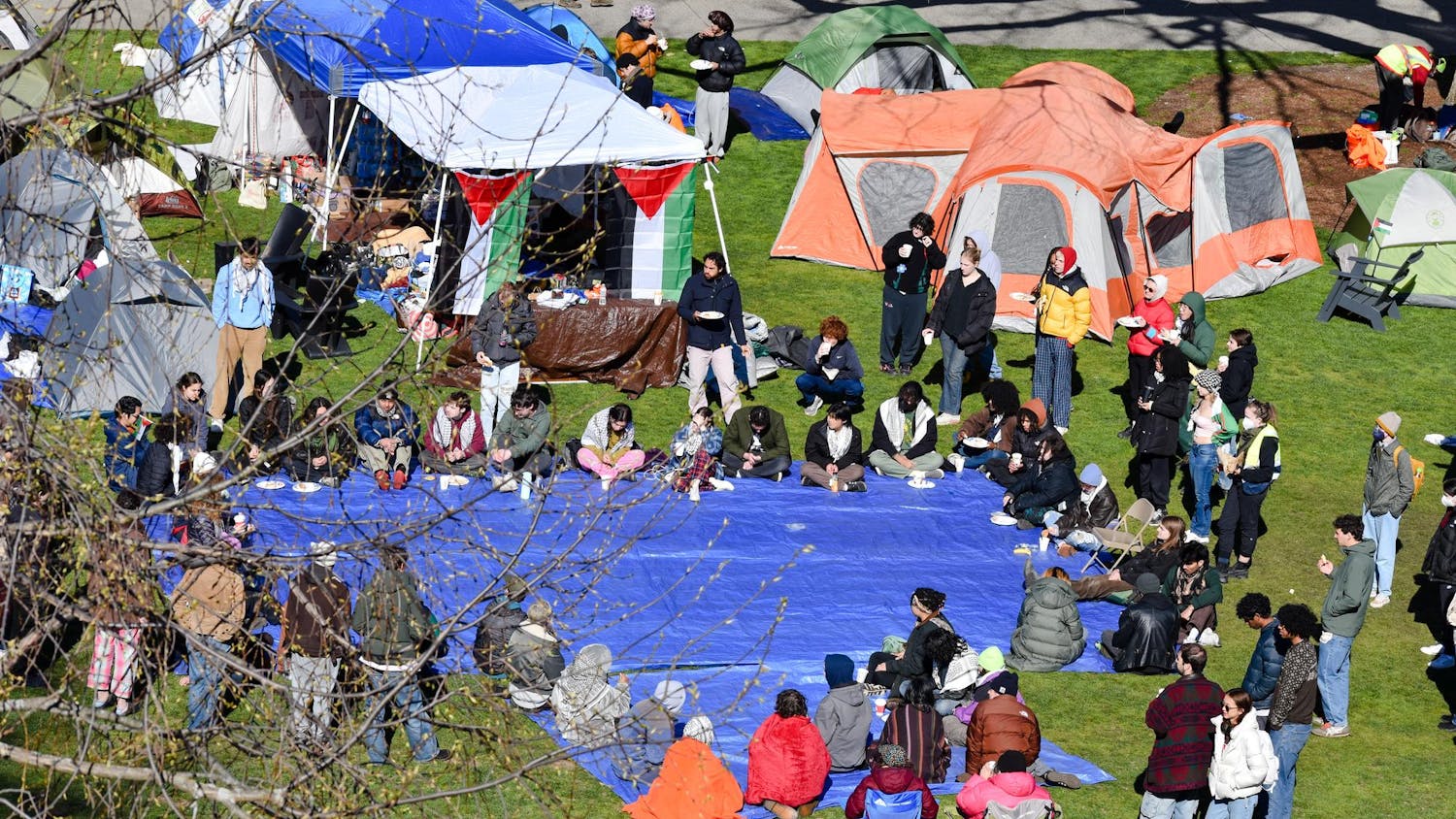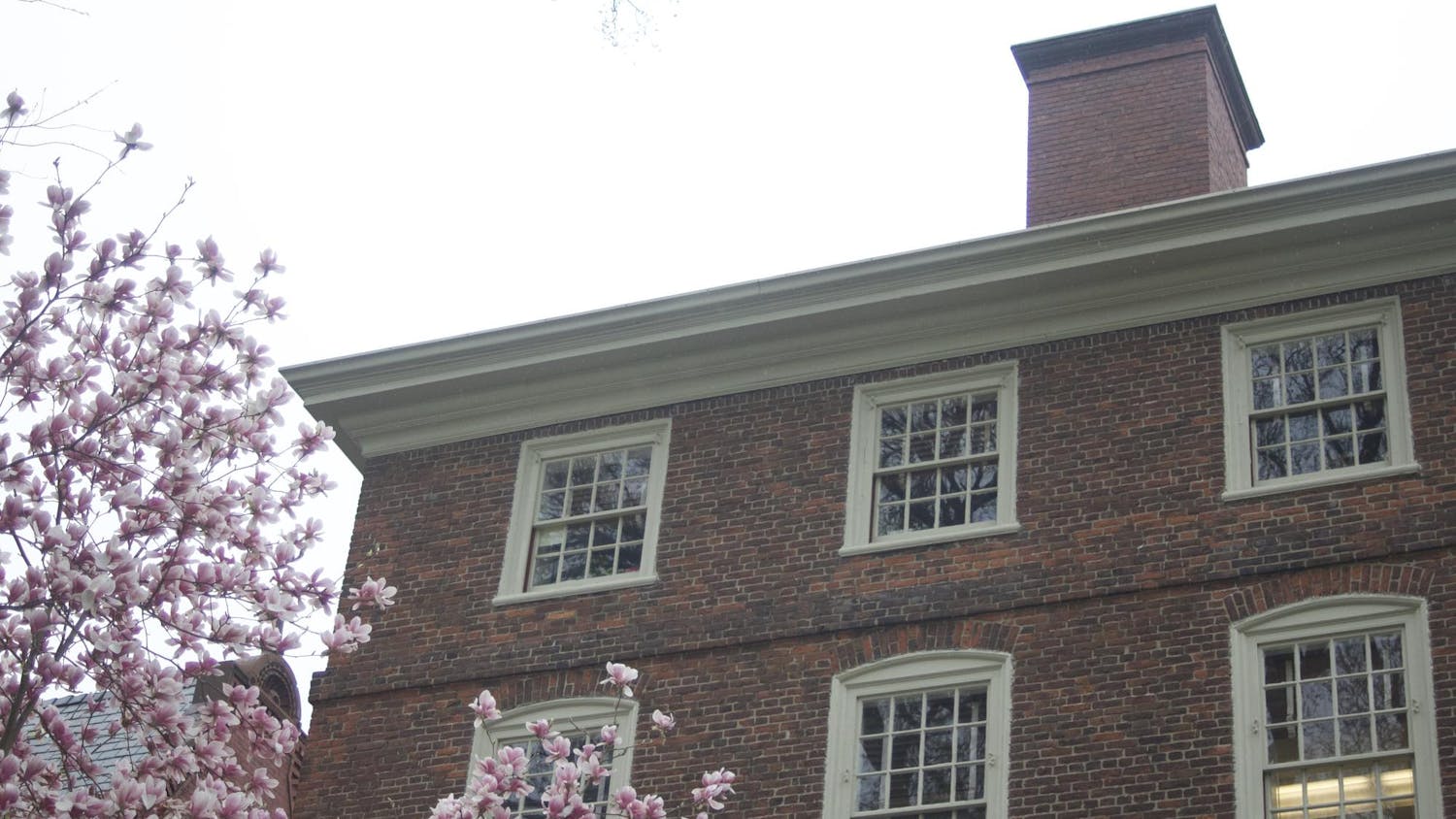Under the Brown Bookstore's new return policy, students returned fewer textbooks, with higher return rates earlier in the semester.
Students returned $54,000 more in textbooks to the Bookstore this January than last. But compared to last February, the Bookstore suffered $172,000 less in returns this month, meaning fewer students were returning books at the end of shopping period.
"There was a huge change in overall buying and returns," said Steven Souza, director of Bookstore administration.
Starting this semester, students had three days to return books after buying them. The only exceptions were made for books from classes students dropped, for which the deadline was held until last Wednesday. This semester's deadline to return books without dropping a class was Feb. 8.
Under the old policy, students could return any books — regardless of whether they dropped the classes that required them — within the first two weeks of the semester. Many students would buy books from the Bookstore while they waited for their online orders to come in, Souza said, making the Bookstore a sort of "lending library."
Because students were essentially borrowing books, the Bookstore would run low on certain texts, prompting it to order more to meet student demand — only to accept those books back two weeks later.
"There's repacking costs," Souza said. "Some vendors don't buy the books back. The long and short of it was that it was crushing our financial model."
The new policy was adopted to ensure that the Bookstore could break even while still providing the more than 70,000 titles for Brown's course offerings, he said. Aside from small tweaks, the policy will likely stay the same for next semester.
"The one thing we would never touch is shopping period," Souza said. "This is one of the things that makes this institution what it is. The revision policy did not touch that at all."
The Bookstore also began renting textbooks this semester, in line with what Souza said is a trend at other college bookstores. The rental system allowed the Bookstore to offer some of its merchandise at a price lower than it could for used books, meaning that the Bookstore could be more competitive.
Whether the Bookstore will benefit in the long run from the rental policy is still unclear, Souza said. The Bookstore must rent a book several times before recouping its costs, and nobody can say how many copies of a book the store would have sold had the title not been rentable. While the Bookstore's supplies of some books were rented out completely, the store was only able to rent 30 to 40 percent of other texts, he said.
"We're very happy with the results," Souza said. "I'm confident we'll offer even more. I'm confident it will be an even bigger program come September."
Student opinion about the policy change was mixed. Laurie Schleimer '12 said she was frustrated but understood where the Bookstore was coming from. "It made sense from the Bookstore's point of view, but it was not fair for the students because it takes more than three days to know if you want to take a class," Schleimer said.
Along the same lines, Kerri Horvay '14 said she thought the policy made it harder for her to shop classes but that she understood why the store changed its policy.
Still, others were not as understanding.
"I feel like there's a lot of aspects of Brown that are already expensive," said Benjamin Gellman '14. "(The new policy) kind of reinforced the idea that the school's trying to suck all the money out of my pocket… I think the Bookstore's screwing us over."




